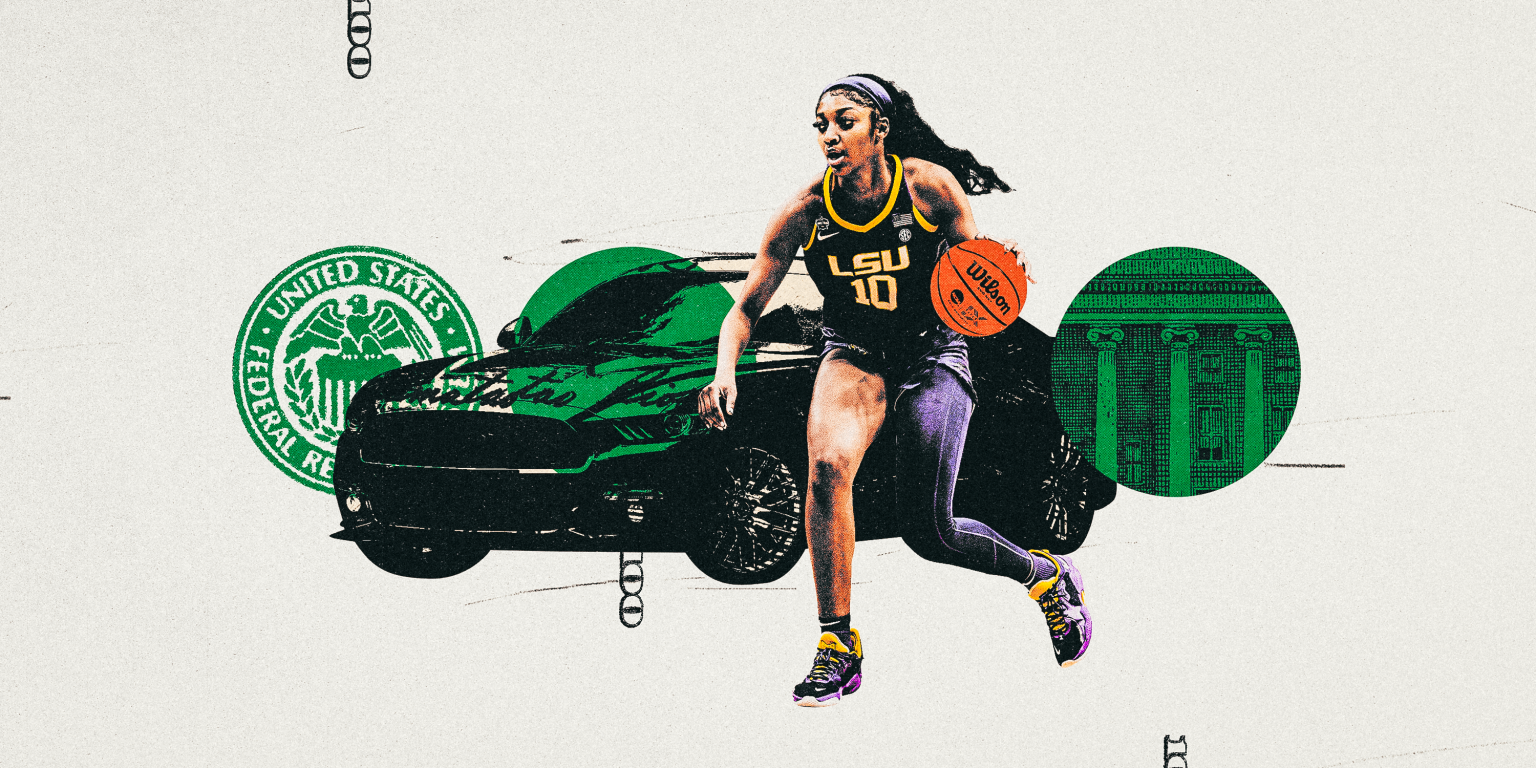In January 2024, Caleb Downs, a freshman safety who had earned All-America honors at Alabama, announced his commitment to Ohio State just days after becoming the most coveted player in the NCAA transfer portal. As he relocated to Columbus, local car dealerships began playing a pivotal role in recruiting top college athletes. The recent changes to Name, Image, and Likeness (NIL) rules allowing athletes to earn money without NCAA sanctions opened the door for players to receive vehicles as part of sponsorship deals from dealerships. This shift in the landscape has brought the once-shadowy practice of using cars to entice players into the light.
The history of car dealerships and college athletics dates back to the early 20th century when coaches and boosters would offer players cars as incentives to join their programs. While these practices often resulted in scandal and NCAA sanctions, they were more common than not. Various scandals involving players receiving cars from boosters, coaches, and even dealerships have plagued college football and basketball programs for decades. The blurred lines between college athletics and car dealerships have led to some notable incidents of rule-breaking and misconduct.
With the introduction of NIL rules, car dealerships have now become a legitimate part of the college recruiting process. Dealerships across the country are now partnering with athletes to provide them with vehicles in exchange for promoting the dealership on social media or in commercials. This collaboration has proven to be mutually beneficial, with athletes gaining access to luxury vehicles and dealerships gaining exposure to a larger audience. The newfound freedom of NIL has allowed both parties to engage in these partnerships without fear of repercussion.
The rise of NIL has allowed athletes from a variety of sports, not just football and basketball, to benefit from deals with car dealerships. Female athletes, such as Boise State volleyball player Paige Bartsch and golfer Brooke Patterson, have also secured partnerships with dealerships as part of their NIL arrangements. Dealerships are finding success in partnering with non-revenue sport athletes, showcasing a shift in the traditional focus on male football and basketball players. The exposure generated by these partnerships has led to increased visibility for sports that may not always receive the same attention as major revenue-generating programs.
The relationships between athletes and car dealerships have become much more public in the NIL era, with deals being announced on social media and in press releases. Athletes are now able to leverage their social media following to attract sponsorship deals with dealerships, providing them with access to luxury vehicles that fit their public image. Dealerships like Jones Auto Centers in Phoenix and Lithia Ford in Boise have seen success in working with college athletes, selling cars tied to these partnerships and generating positive visibility for their businesses. The impact of these partnerships extends beyond the individual players, benefiting both the athletes and the dealership in terms of exposure and business growth.
The future of college athlete sponsorships with car dealerships remains uncertain as these partnerships continue to evolve in the NIL era. The newfound freedom for athletes to profit from their name, image, and likeness has opened doors for collaborations that would have been impossible under previous NCAA regulations. As more athletes seek opportunities to benefit from their status as student-athletes, car dealerships are likely to play an increasingly significant role in the world of college sports recruitment. This shift in the landscape of college athletics and business partnerships highlights the changing dynamics of the industry and the opportunities available to athletes in the modern era.


